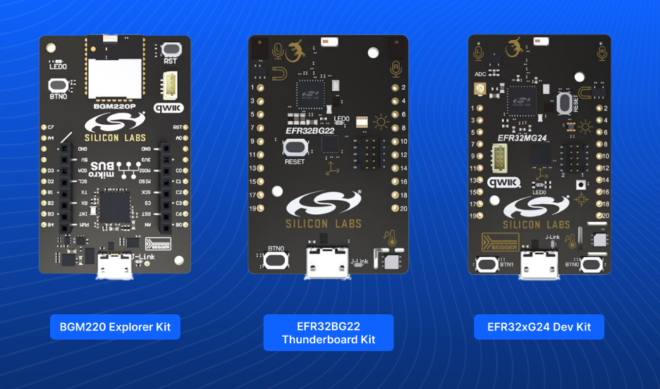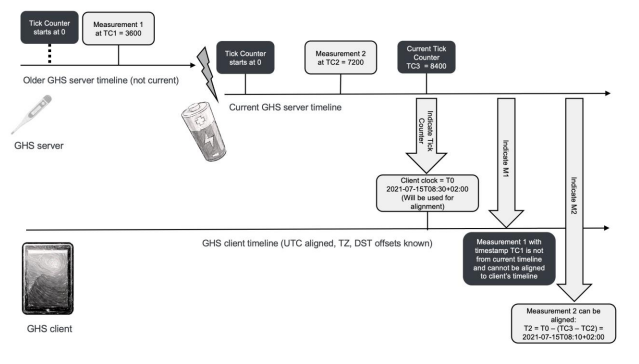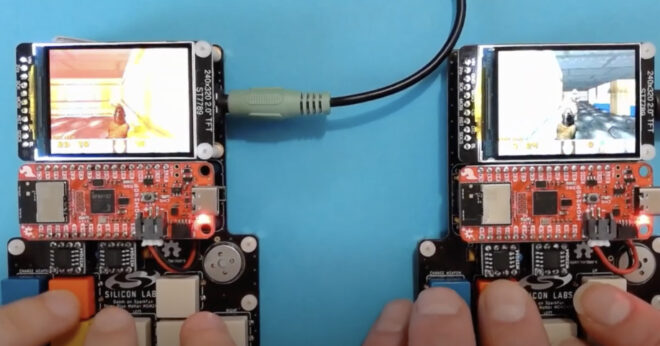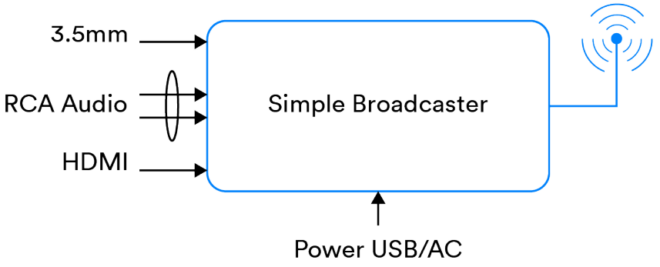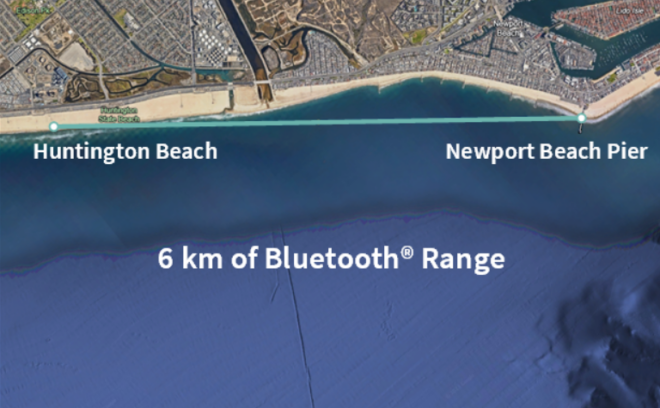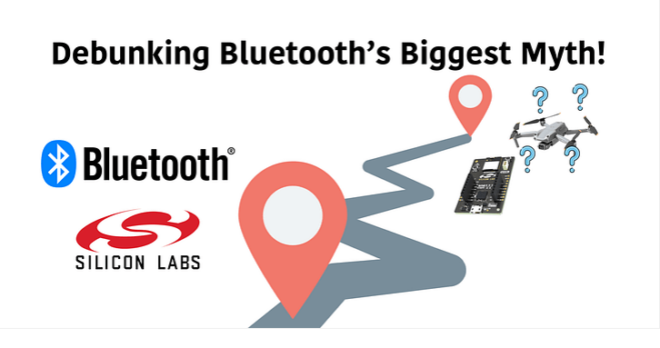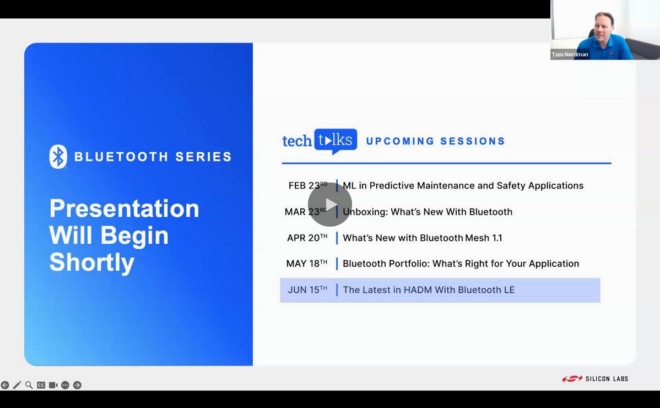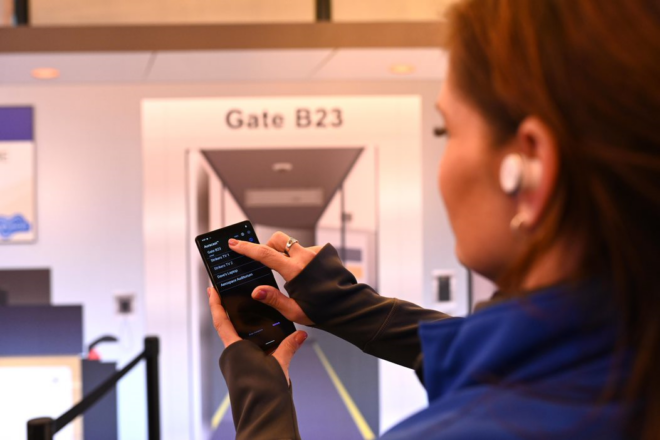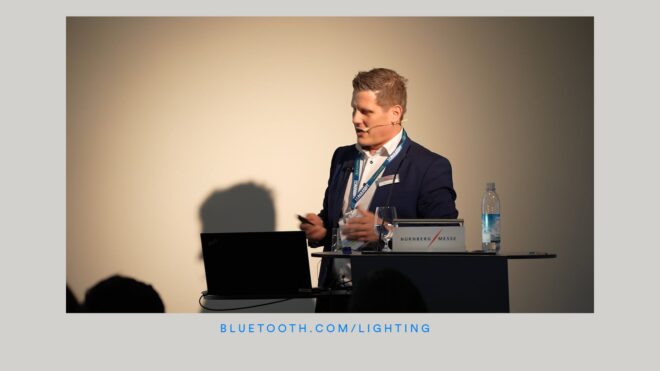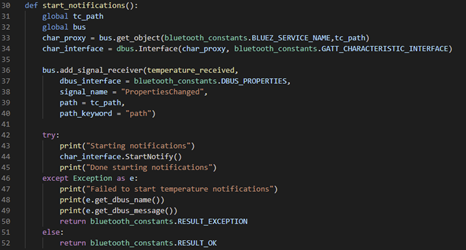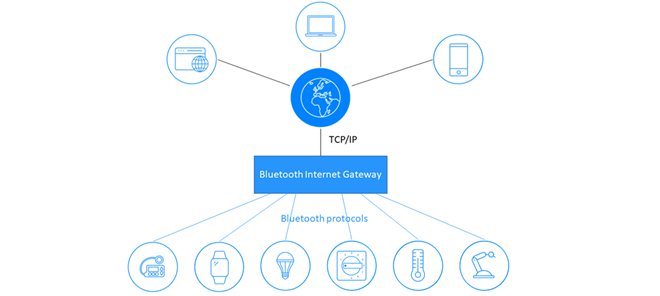Today marks another big milestone for Bluetooth® Smart technology. Not only is it already established as a defining technology for the Internet of Things but also something just as big – a hugely prolific influence to the next generation of coders.
As part of its 2015 Make it Digital initiative, the BBC today unveiled the BBC micro:bit – a pocket-sized, programmable computer that allows children get creative with technology. Up to 1 million micro:bits will be given to every 11 or 12 year old child in year 7 (that’s sixth grade for those on the other side of the pond!) or equivalent across the UK, for free, allowing them to code and customize and then control (via Bluetooth Smart) almost any IoT project that comes to their imagination. It will also become commercially available internationally in late 2015.
Kids can simply switch it on and programme it to light up, sync with other devices, and make their very own micro:bit ideas, games, apps and even wearables come to life. The Bluetooth Smart aspect allows for easy exploration of the device’s multiple capabilities through the use of a corresponding smartphone application.
The BBC micro:bit features a brand new Bluetooth® Smart profile which lets it interact with the world around it. With Bluetooth Smart, the micro:bit can connect to other micro:bits, devices, phones, tablets, cameras and everyday objects all around. An example of just one application might involve the micro:bit wanting to know when the smart phone has an incoming call or receives an SMS, so it can then flash a specific programmed message with the device’s grid of LEDs.
It’s a simple kit for children to get to grips with, and the perfect springboard for further learning with more advanced products like Arduino, Galileo, Kano and Raspberry Pi. For many children, this will be their first step into the world of coding for the IoT, and Bluetooth will be the connectivity technology at the very heart of it all!
It’s an incredible and unprecedented initiative, the likes of which hasn’t been seen since the BBC Micro, which was put into the majority of schools in the 1980s and was instrumental in the careers of so many of today’s technology pioneers.
The Bluetooth SIG is a BBC micro:bit product champion, meaning that we are one of a select few partner organizations that have been heavily involved in the design of the device. We’ve been working hard with the likes of Samsung, ARM and Lancaster University to create this groundbreaking device that we’re confident will unleash a new generation of digital pioneers who will one day take the IoT into exciting new directions.
I was privileged to head up the team at the Bluetooth SIG that designed the micro:bit’s Bluetooth interface. Our goal was to easily enable kids to implement ideas that involved other devices or apps being able to discover the BBC micro:bit, figure out its capabilities and then exploit them wirelessly. The ubiquity, flexibility and low power nature of Bluetooth Smart made it the connectivity technology of choice for the BBC.
In the future, a new generation of British technology leaders will trace back their careers to the day they were handed a BBC micro:bit at school and we at the SIG are tremendously excited to be involved in such a worthwhile and significant project.
From a personal perspective, I can trace back my career to the day one of my teachers brought a Commodore Pet microcomputer into class and proceeded to show a few of us around it, including the code behind a Lunar Landing game. I’d never seen a computer until that point (I was 17) and that’s where it all started for me. I had my own Sinclair ZX81 shortly afterwards and have been a geek ever since. It’s also allowed me to put food on the table!
BBC micro:bit could be for the IoT what the BBC Micro was to the British gaming industry. It will most definitely *change lives* – of that I am 100% convinced, and Bluetooth Smart will play a significant role in that.
You can find out more about the micro:bit and the BBC’s plans for it here.
One of the really interesting aspects of the SIG’s development of the BBC micro:bit profile is that it was fully designed and created all in a matter of weeks using Bluetooth Developer Studio, the SIG’s software-based development kit that cuts developer learning time for Bluetooth technology and dramatically speeds product development. Stay tuned on the blog for more details in the near future on how Bluetooth® Developer Studio proved to be an indispensable tool for making the micro:bit Bluetooth profile possible.

